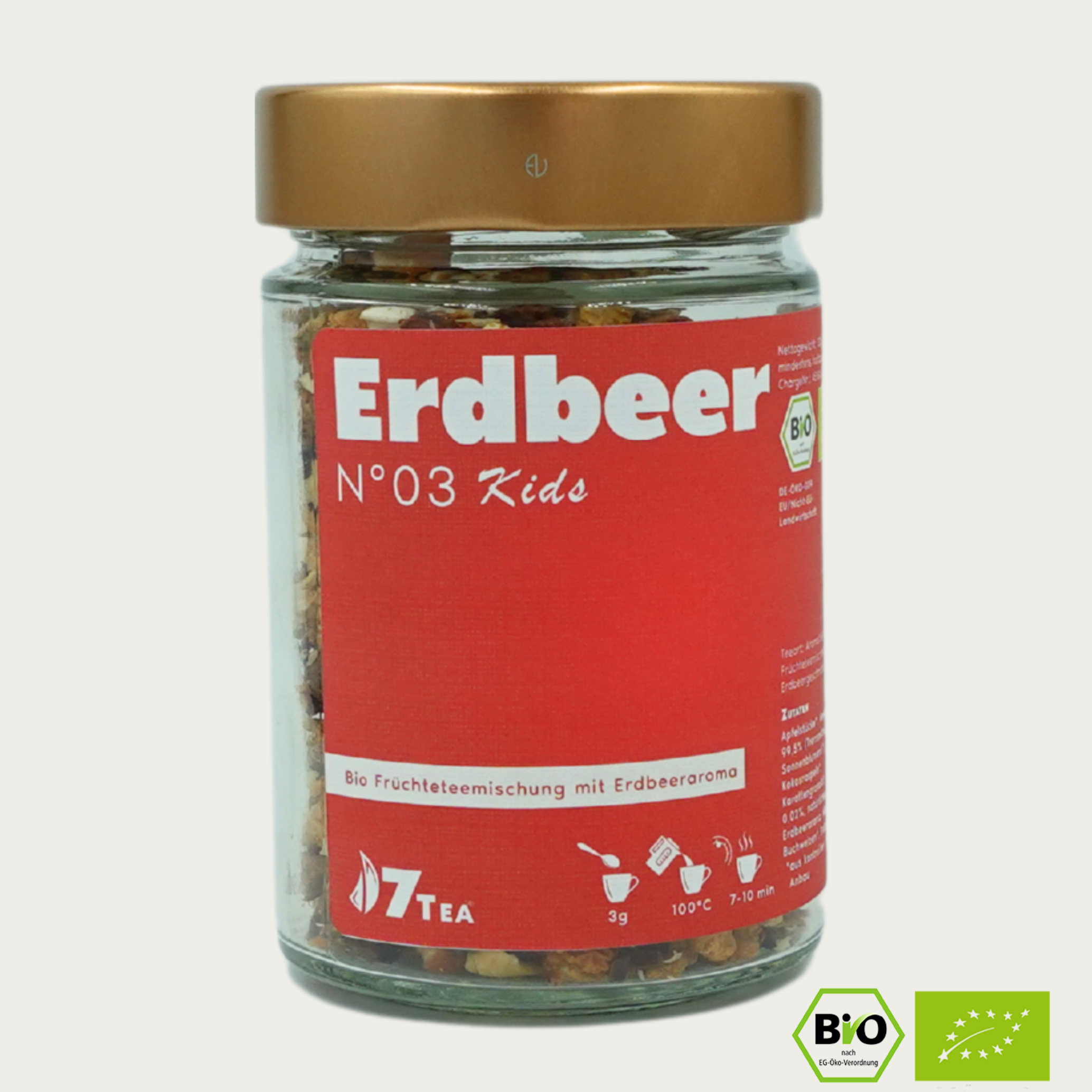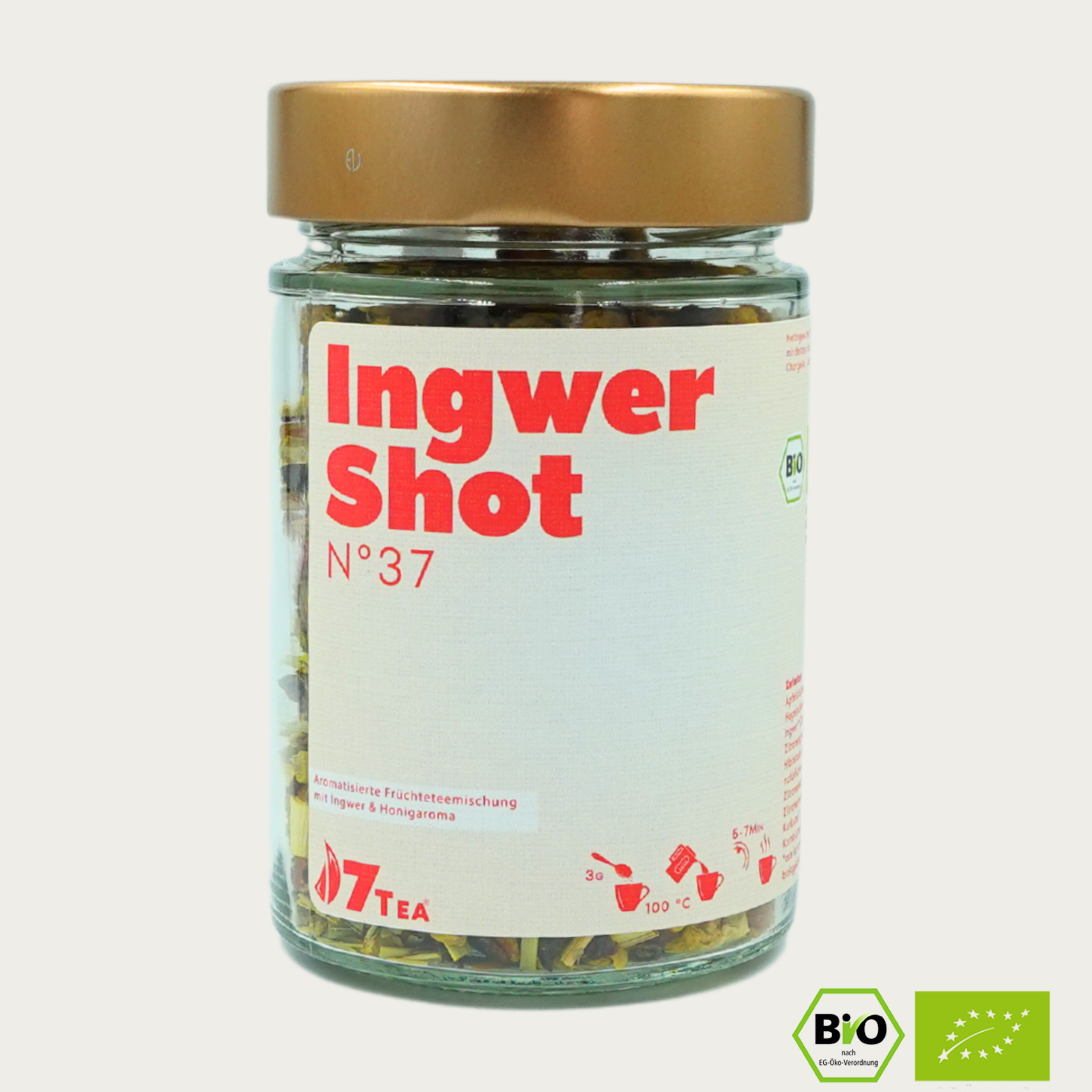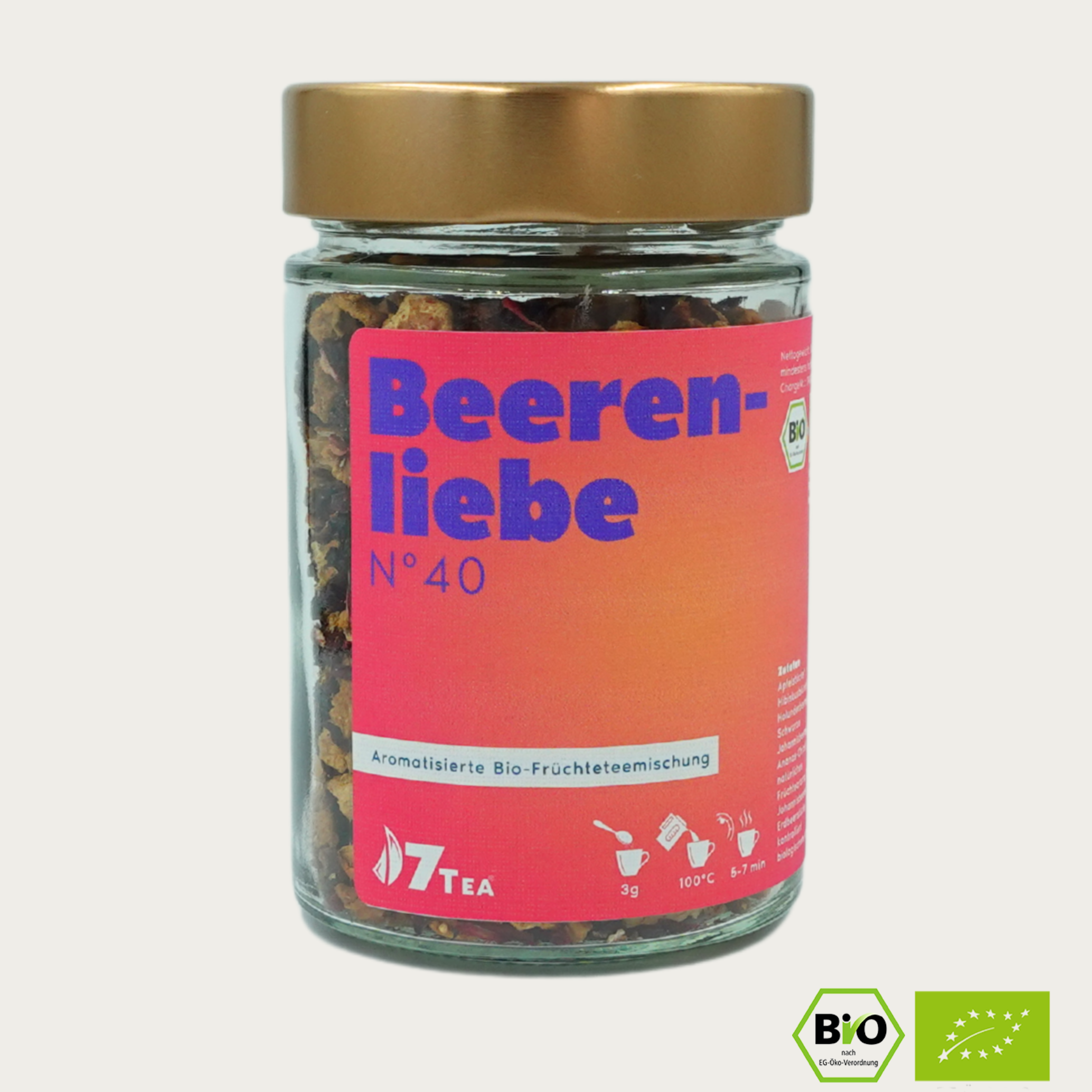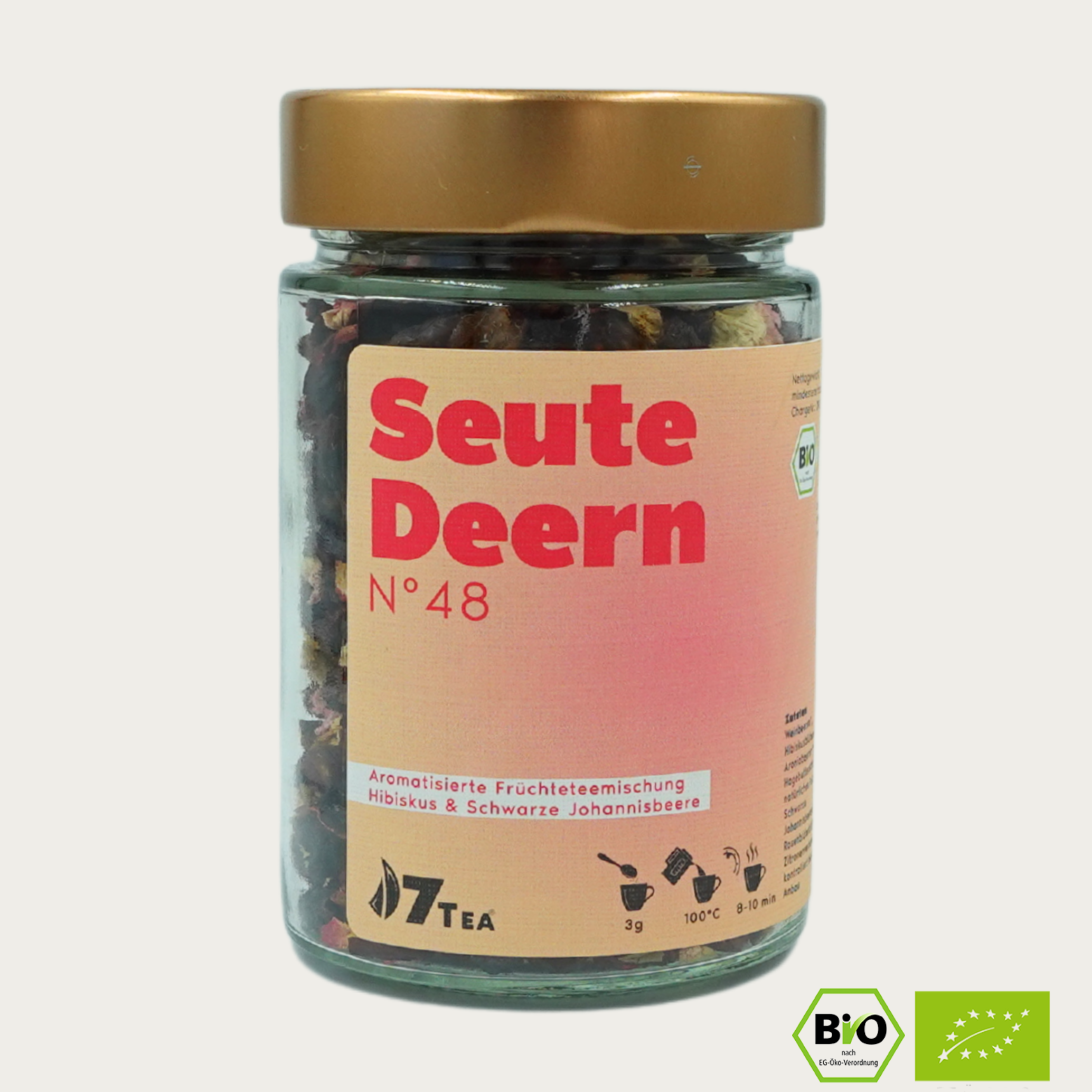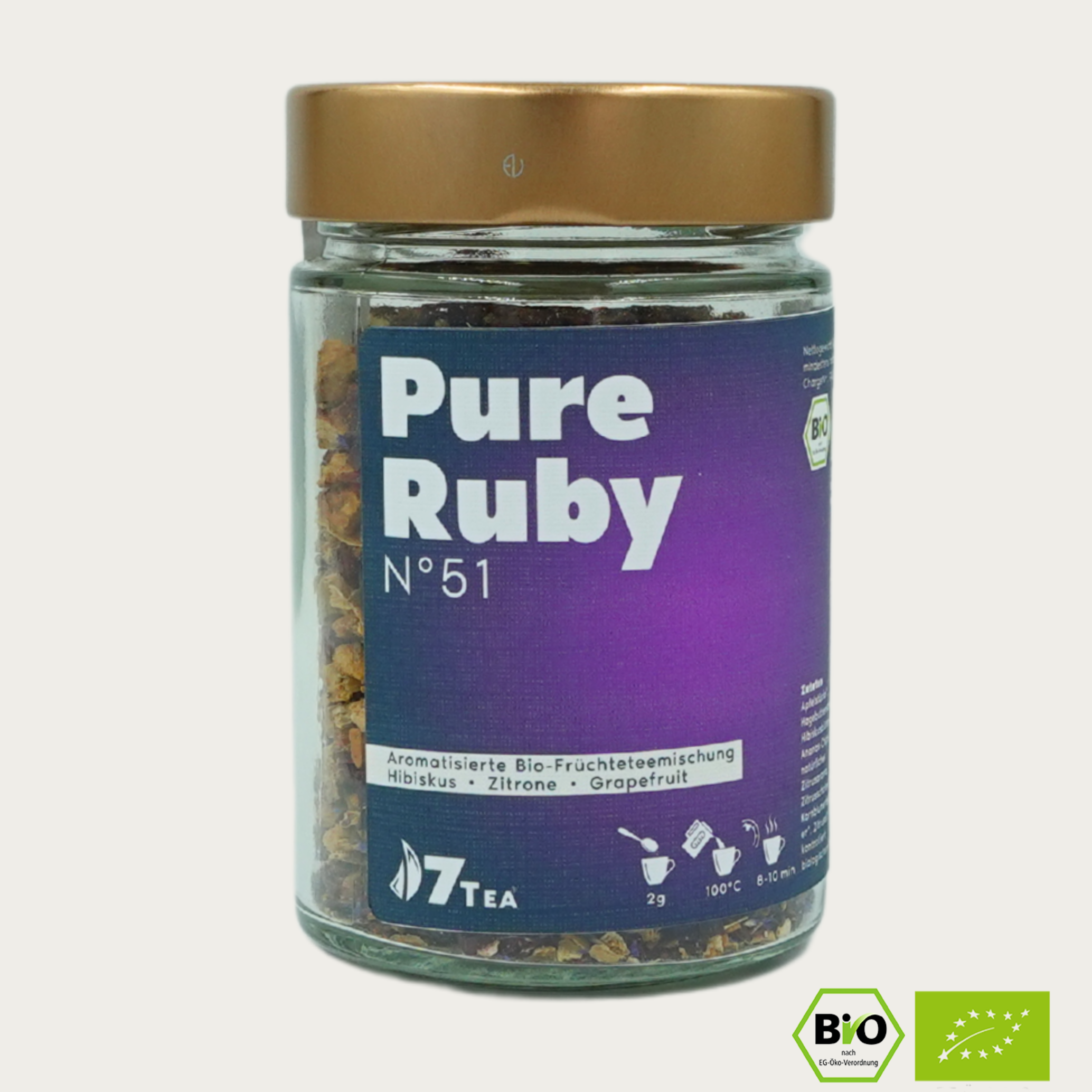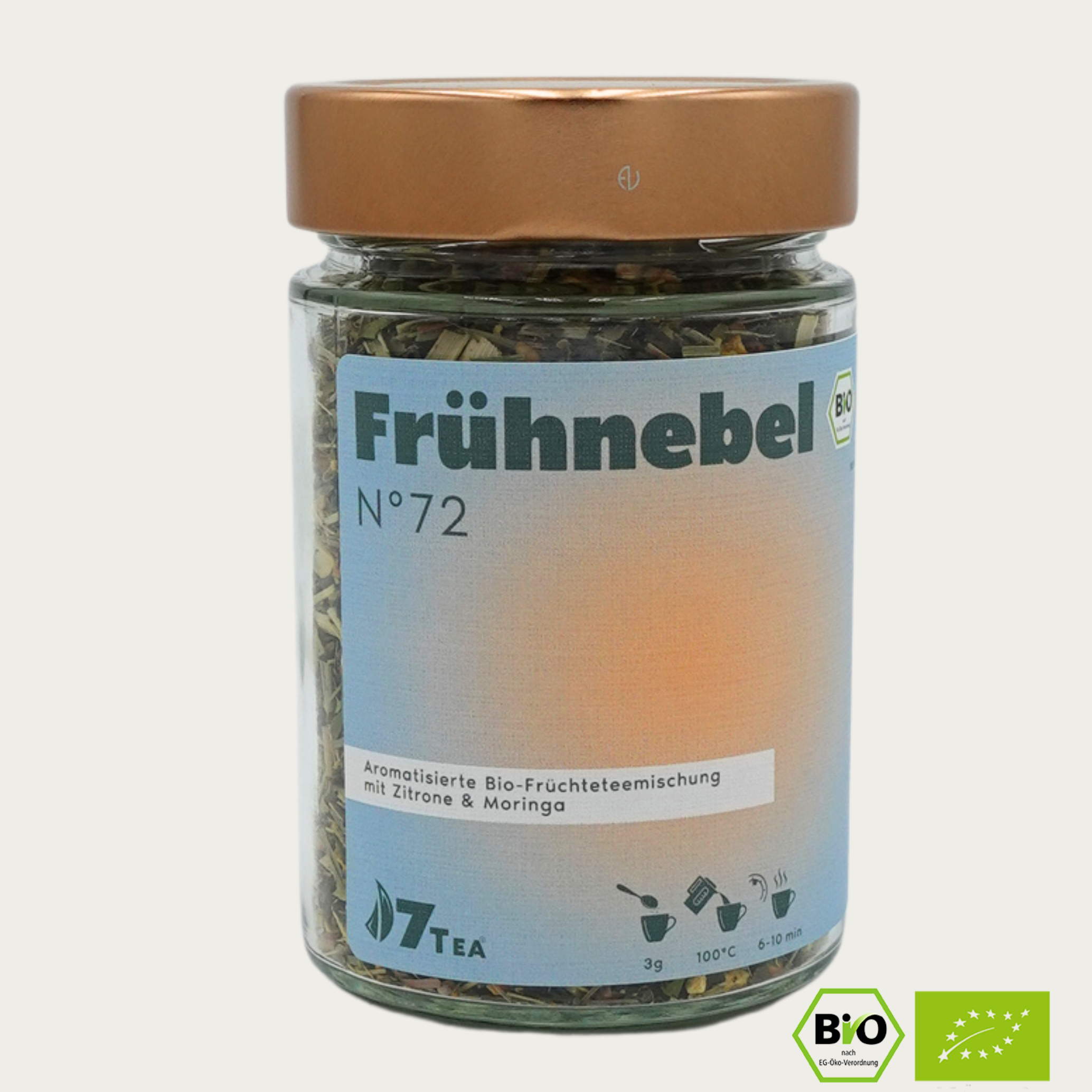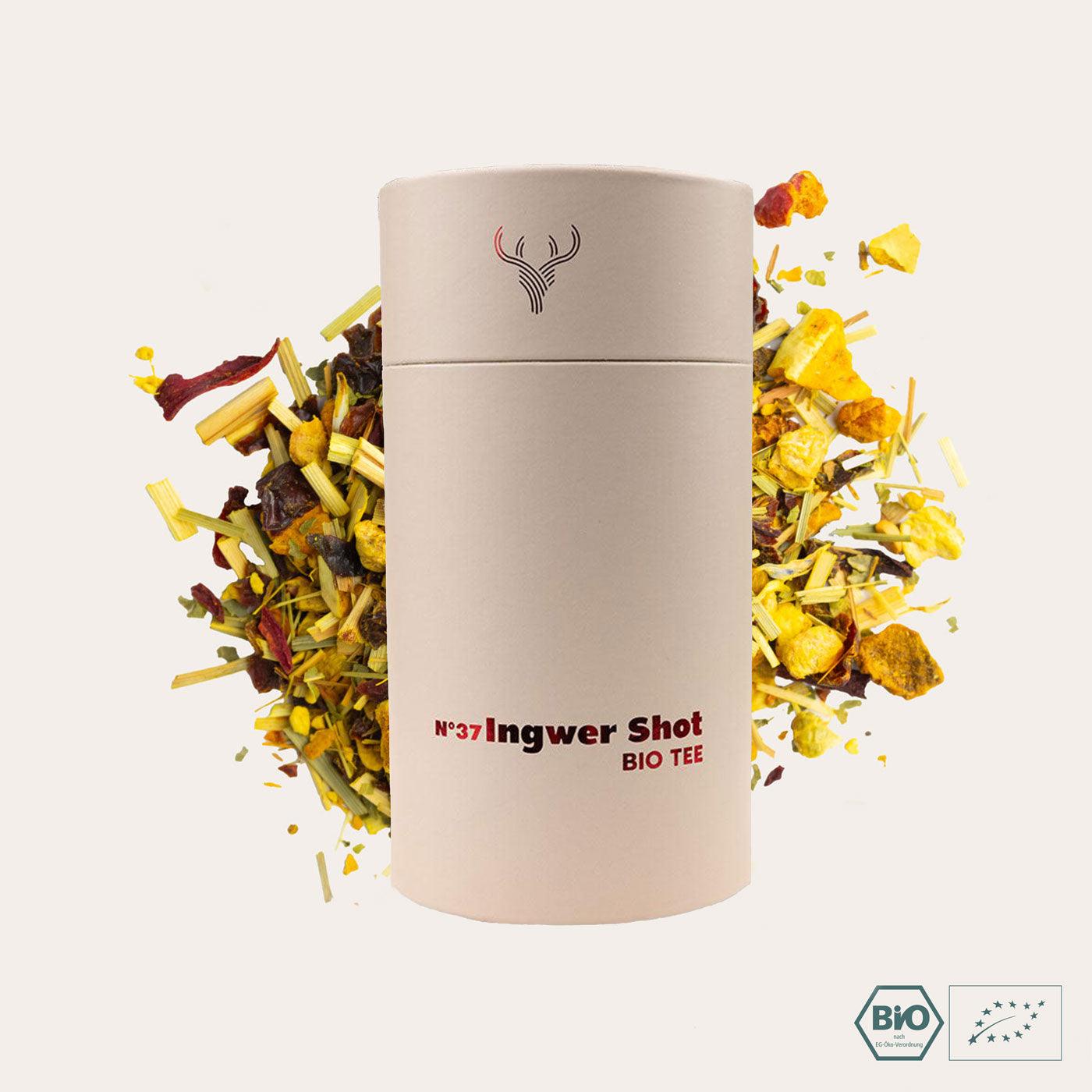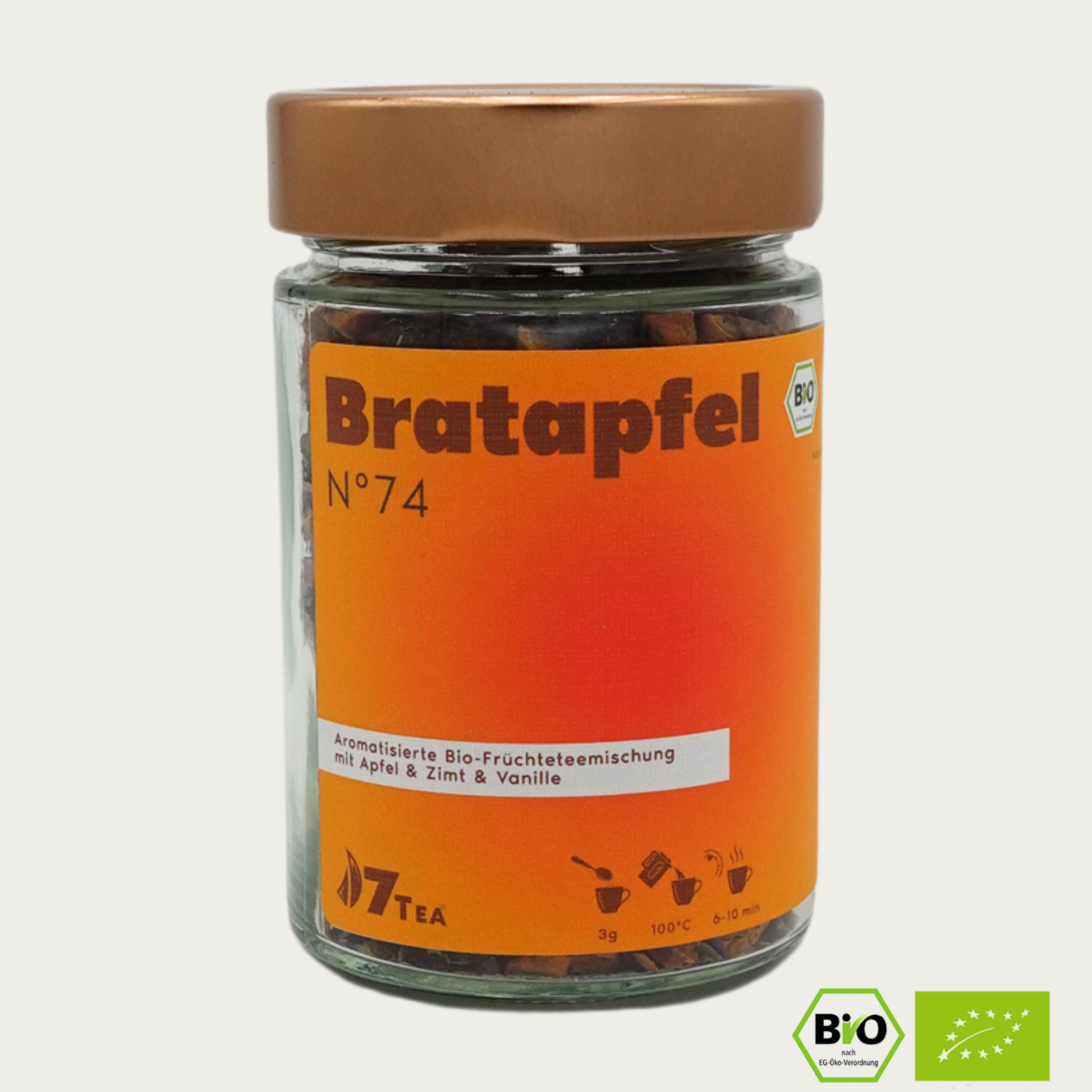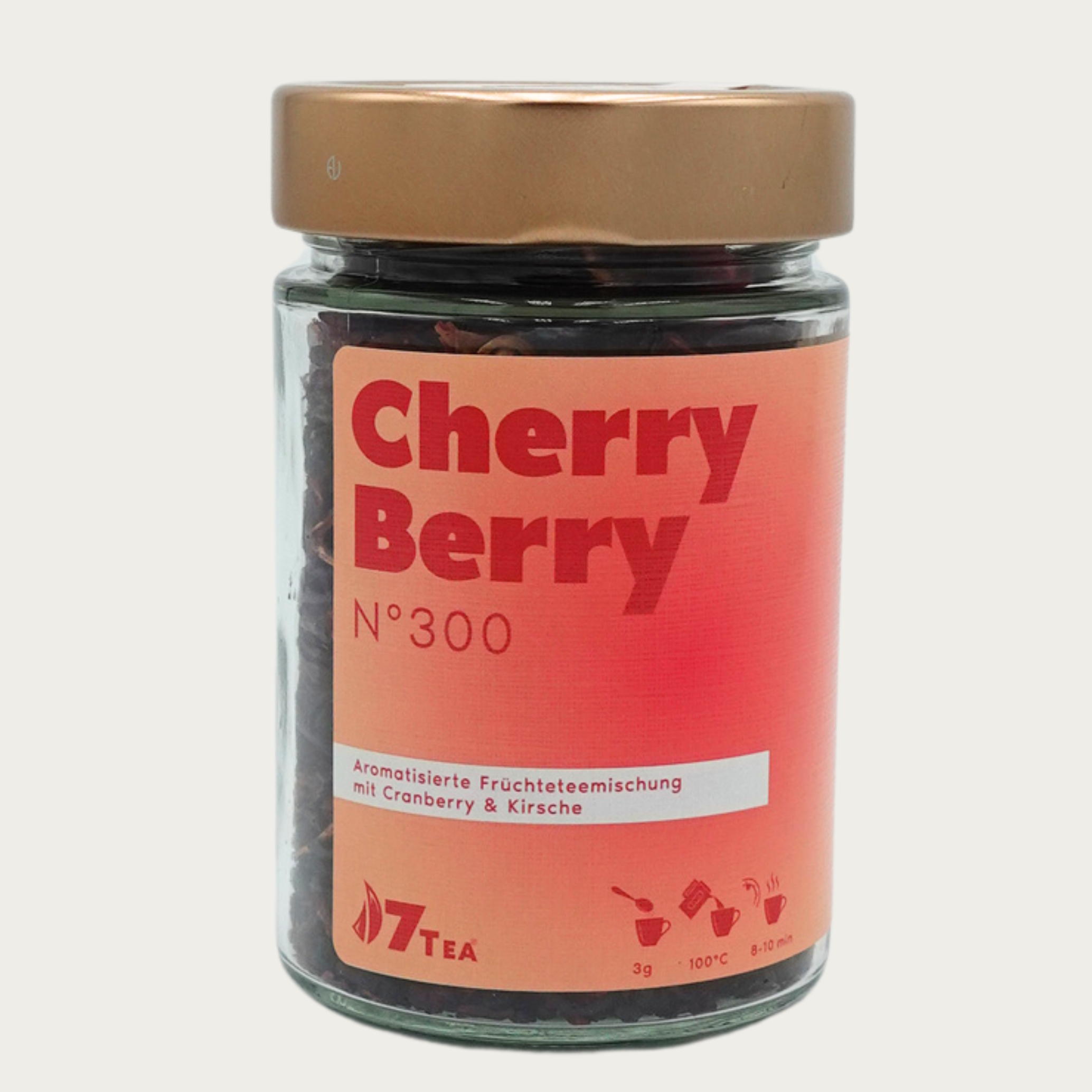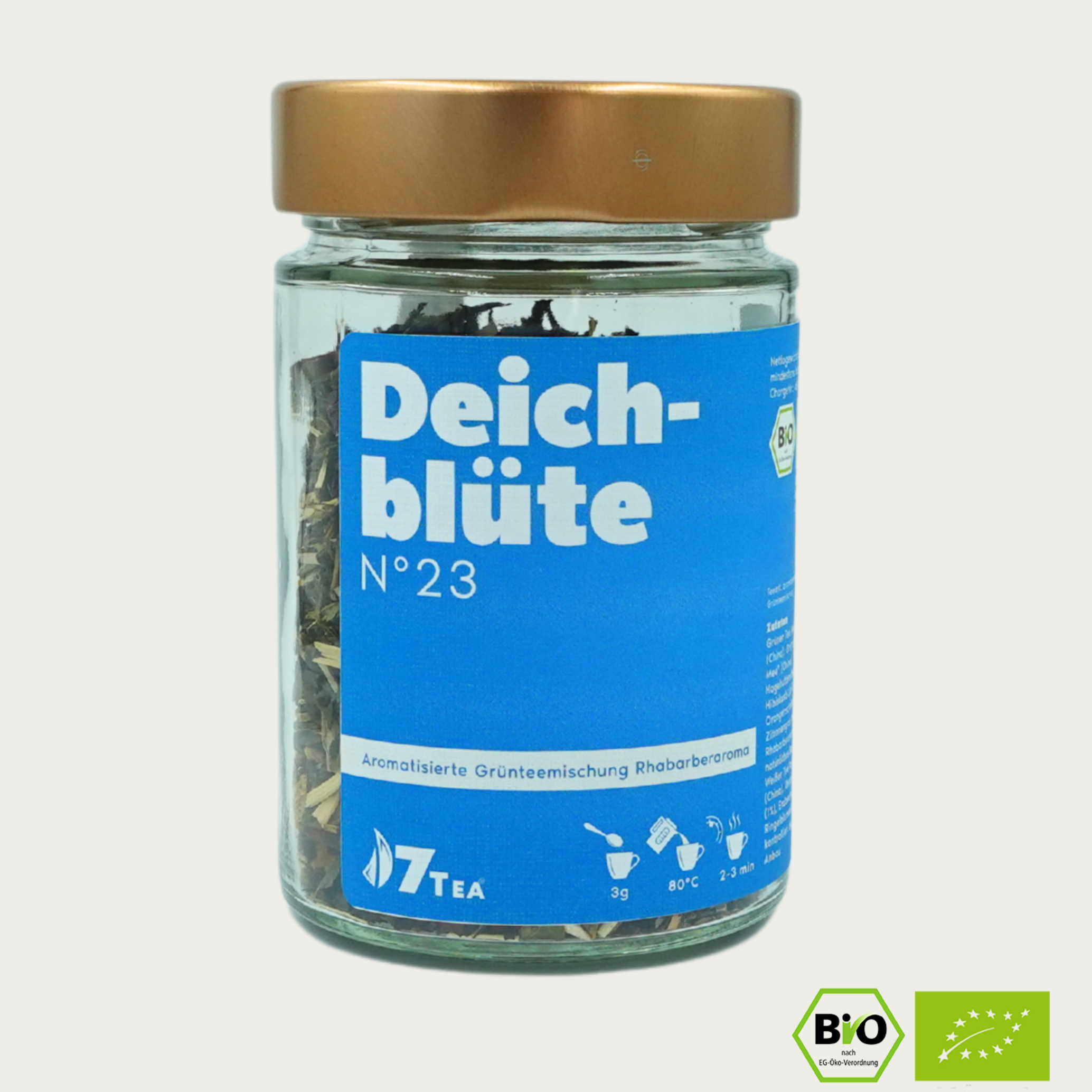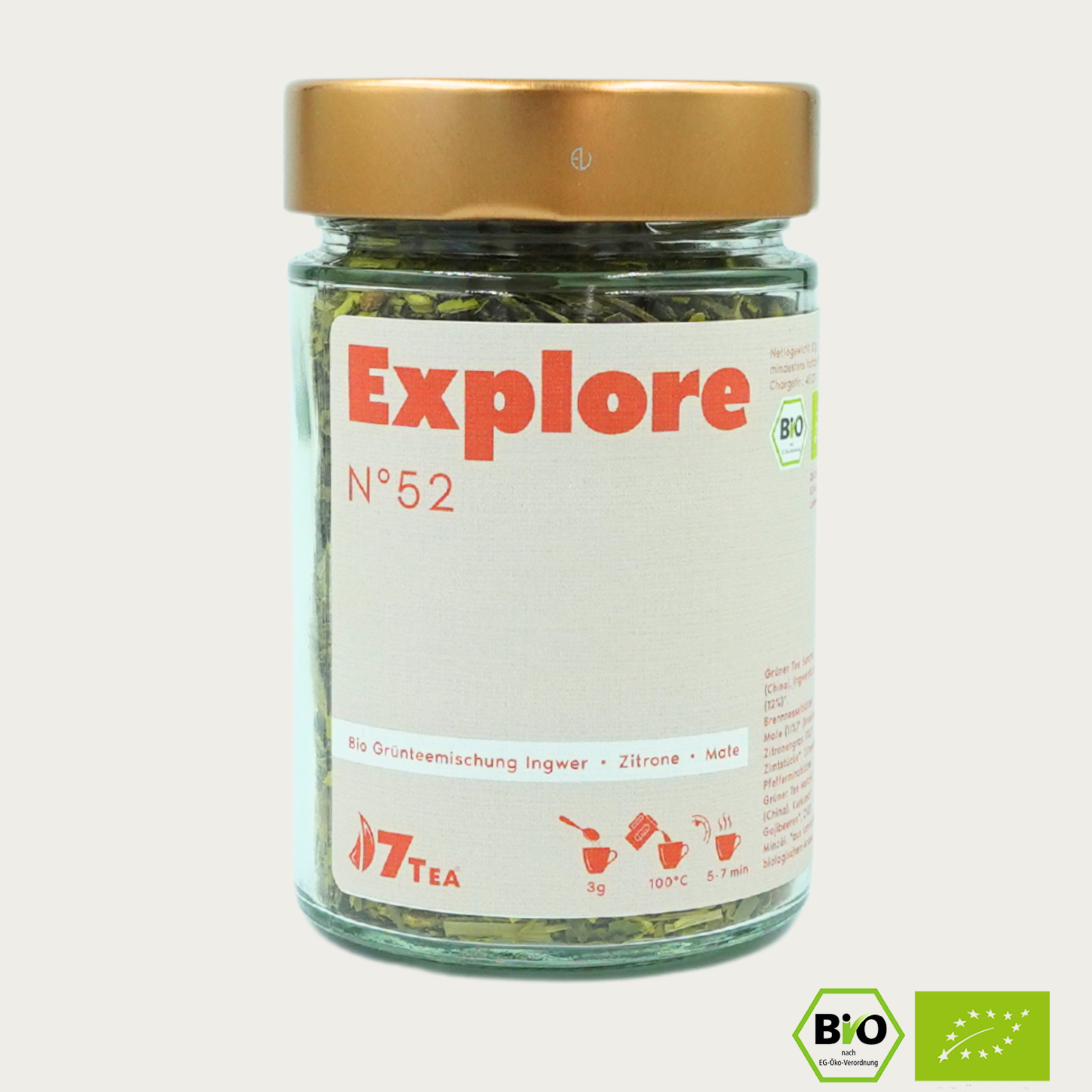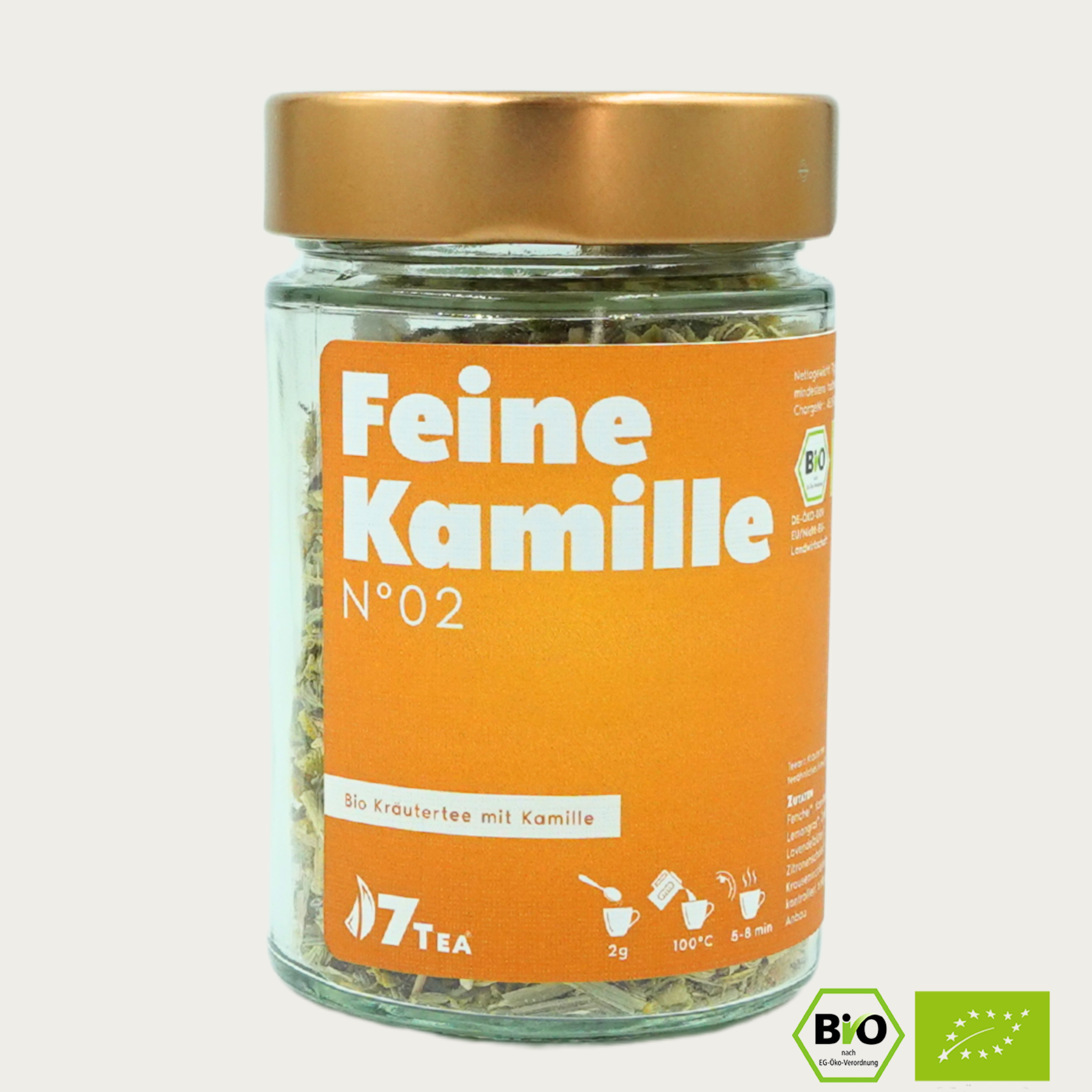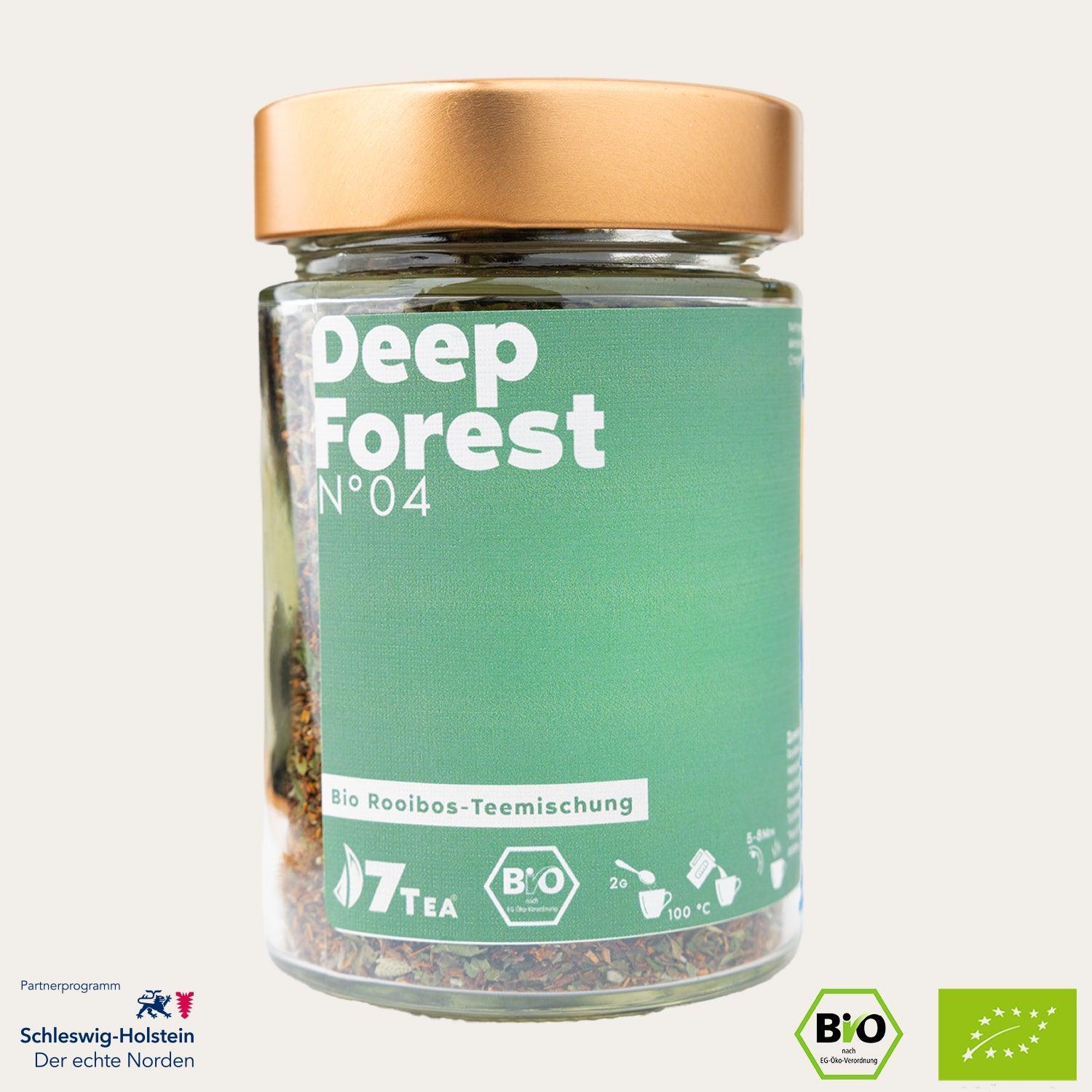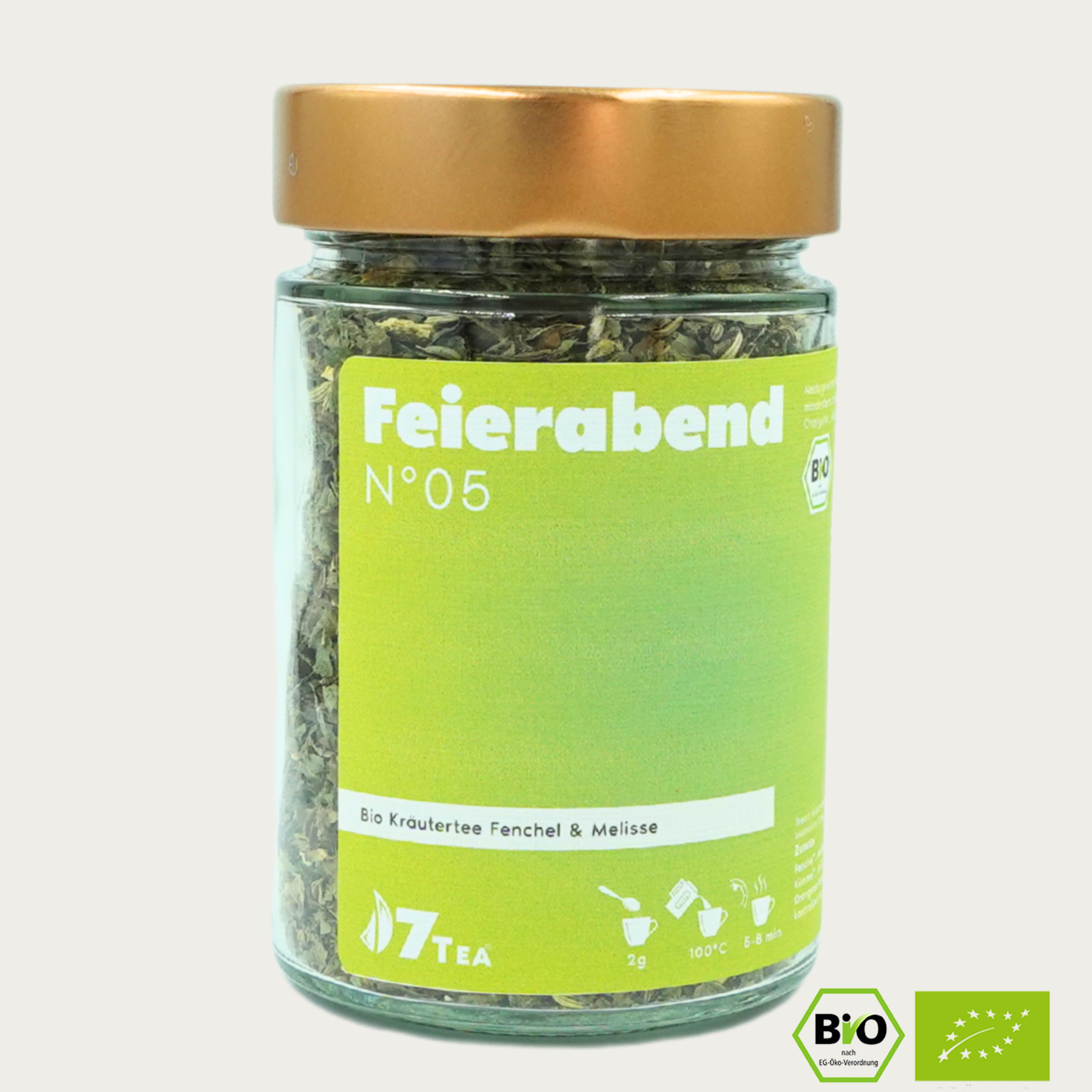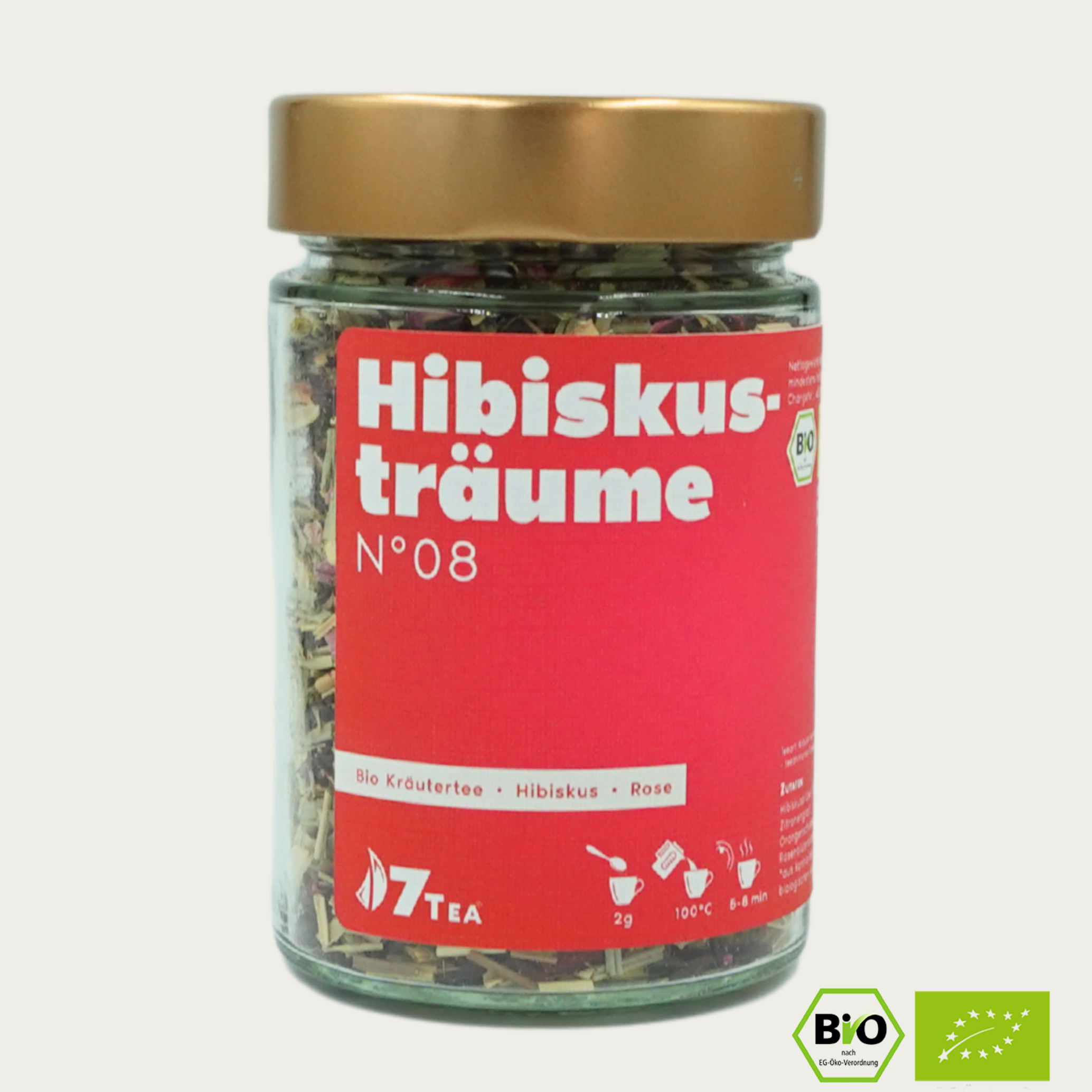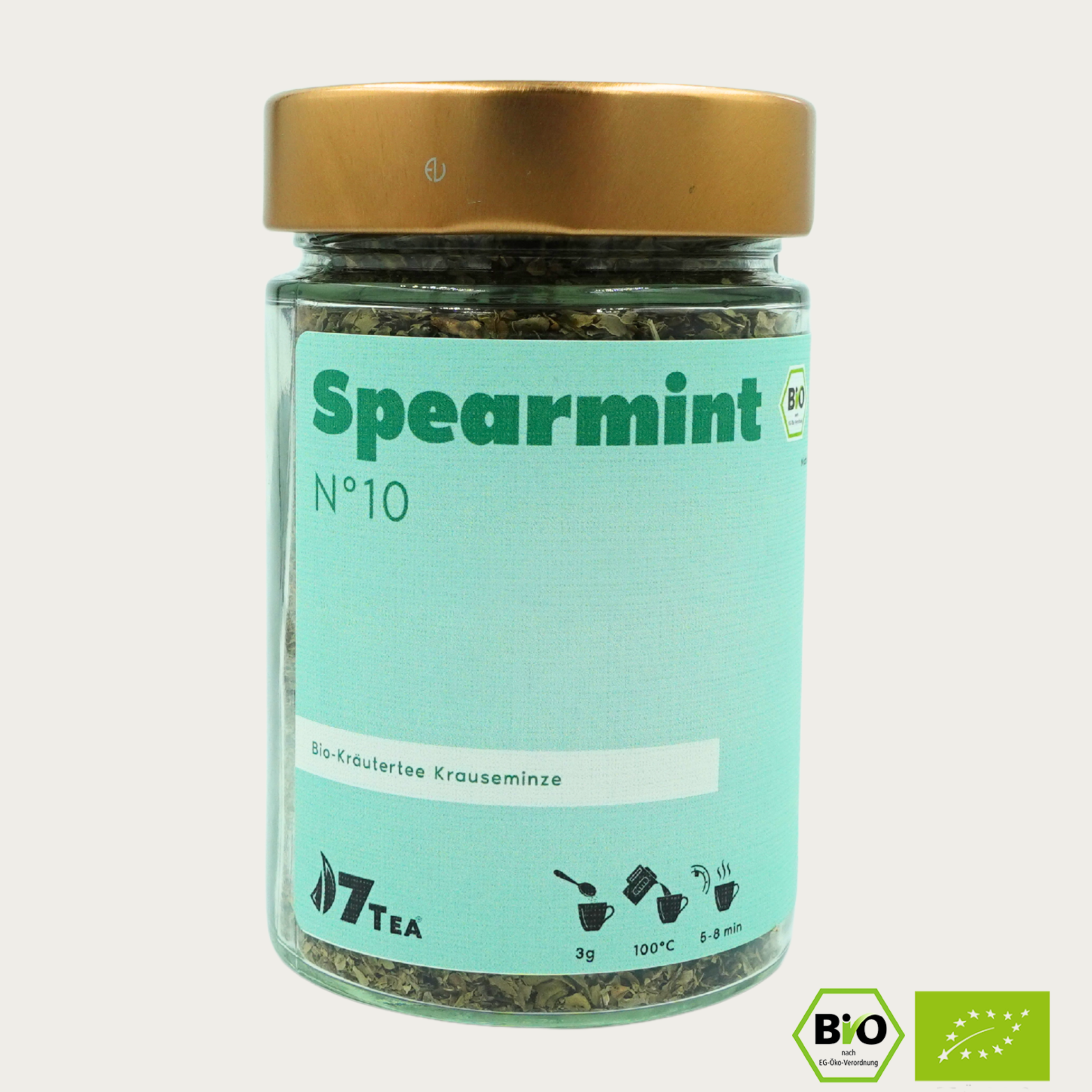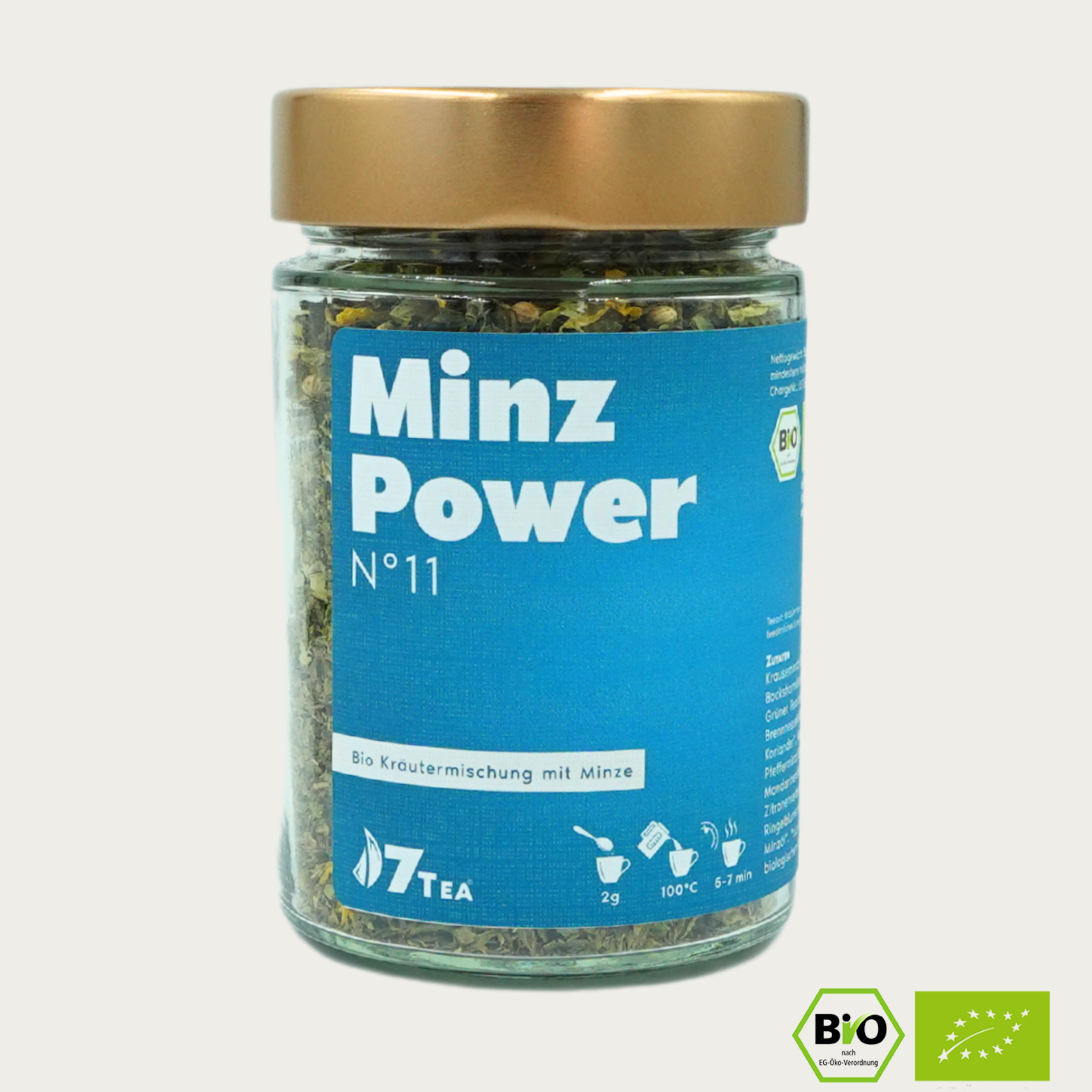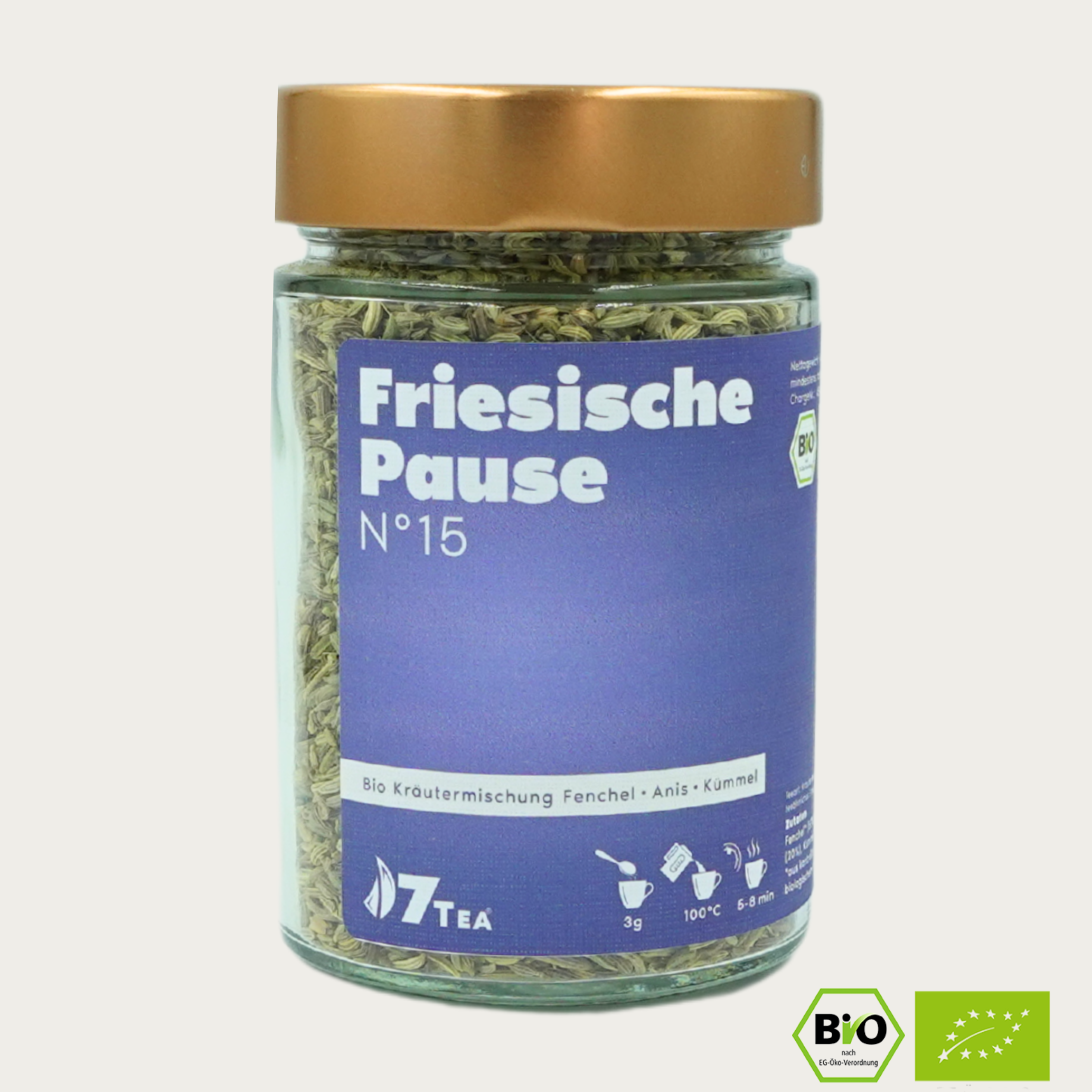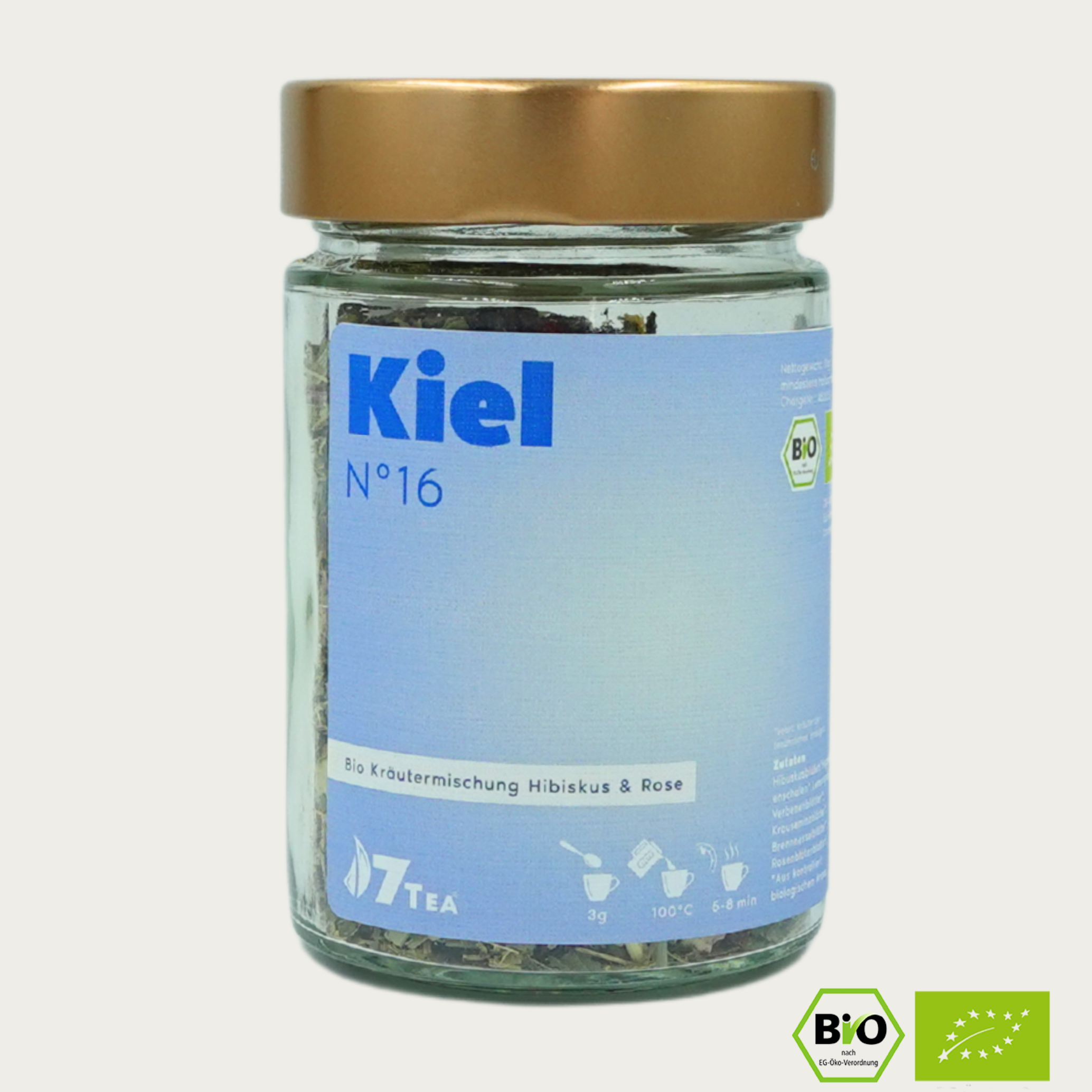Tea and ADHD: Can tea help with attention deficit?
Table of contents
- Introduction: Tea as a natural support for ADHD
- Types of tea that can help with ADHD
- How tea could work for ADHD
- Important considerations and tips
- Conclusion: Tea as part of a holistic approach to ADHD
- Studies including links
ADHD (Attention Deficit Hyperactivity Disorder) affects people of all ages and can cause challenges in daily life. Some types of tea may have a supportive effect. Learn more about how tea might play a role in managing ADHD symptoms.
Introduction: Tea as a natural support for ADHD
Tea contains natural substances that can have a positive effect on the nervous system. This makes it an interesting option for people looking for natural ways to support ADHD.
Types of tea that can help with ADHD
- Green Tea : Contains L-theanine, which can help calm you down and improve concentration.
- Chamomile tea : Known for its calming properties, chamomile tea can help relieve restlessness and sleep problems.
- Rooibos tea : Caffeine-free and rich in antioxidants, it can aid relaxation without promoting hyperactivity.
How tea could work for ADHD
The substances contained in these teas can help calm the central nervous system and improve concentration. Tea can also have a calming effect and therefore help reduce stress, which can be beneficial for ADHD.
Important considerations and tips
- It is important to consume tea in moderation and pay attention to the body's reaction.
- When choosing tea, care should be taken to avoid varieties containing caffeine, especially for children with ADHD.
- Tea should be considered as part of a holistic approach to treating ADHD that also includes other forms of therapy.

Conclusion: Tea as part of a holistic approach to ADHD
Tea can be a valuable supplement to support ADHD. It offers a natural way to alleviate symptoms and improve overall well-being. However, it is important to view tea as part of a comprehensive treatment plan.
The scientific literature offers mixed results regarding the influence of tea on attention deficit hyperactivity disorder (ADHD). Some relevant findings are:
-
Lack of Specific Mention of Tea : Many studies looking at ADHD do not specifically mention tea or examine its direct effects on ADHD ( Bean et al.; Malegiannaki et al.; Gruenewald ).
-
No Significant Effect on ADHD : One study suggests that tea alone has no direct effect on ADHD ( Virtanen et al. ). Another study found no association between tea consumption and ADHD symptom severity ( Ágoston et al. ).
-
Increased tea consumption in children with ADHD : One study showed that children with ADHD consumed more tea than the control group, although the study did not indicate whether tea is helpful for ADHD ( Salvat et al. ).
-
Potential effectiveness in adults : One study suggests that tea consumption could be an effective active treatment for adults with ADHD ( Liu et al. ).
In conclusion, the scientific evidence on the influence of tea on ADHD is limited and mixed. While some studies suggest a possible positive effect in adults, overall there is no consistent evidence that tea is specifically helpful for ADHD. Further research is necessary to fully answer this question.





